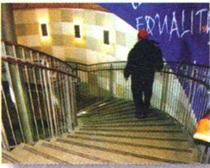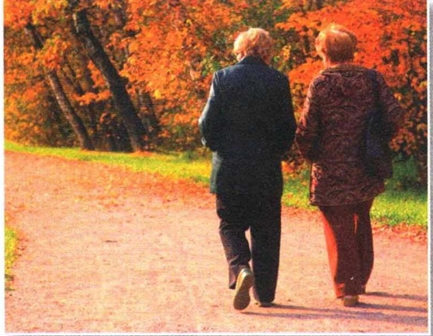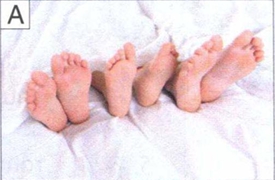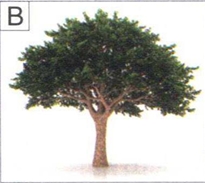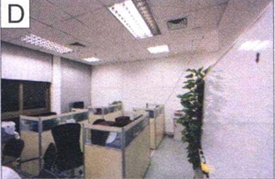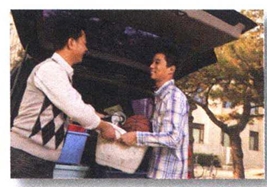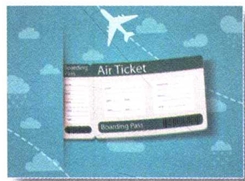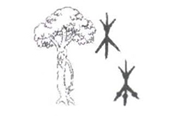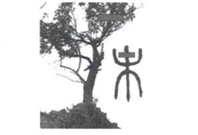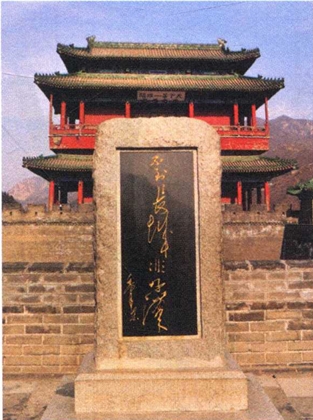热身 Warm-up
1 给下面的词语选择对应的图片 Match the pictures with the words.
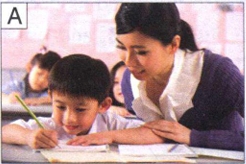 B
B C
C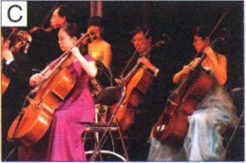 D
D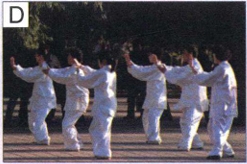 E
E F
F
- duànliàn 锻炼 ________
- qù gōngyuán 去公园 ________
- tīng yīnyuèhuì 听音乐会 ________
- jiǎng tí 讲题 ________
- bāng máng 帮忙 ________
- lí kāi 离开 ________
动词与补语匹配游戏
Match the verbs with the complements, and then read the phrases aloud.
课文 Texts 1 在客厅 In the living room 06-1
周 明:我的眼镜呢?怎么突然找不到了?你看见了吗?
周太太:我没看见啊。
周 明:我离不开眼镜,没有眼镜,我一个字也看不清楚。
周太太:你去房间找找,是不是刚才放在桌子上了?
周 明:我怎么看得到啊?你快过来帮忙啊。
周太太:好吧,我帮你去找找。
生词 New Words
*1. 眼镜 yǎnjìng n. glasses, spectacles
2. 突然 tūrán adv. suddenly
3. 离开 líkāi v. to leave, to part with
4. 清楚 qīngchu adj. clear, distinct
5. 刚才 gāngcái n. just now
6. 帮忙 bāng máng v. to help
2 在打电话 On the phone 06-2
同学:今天的作业你做完了吗?
儿子:刚做完,你呢?
同学:今天这些题特别难,我看不懂,不会做,你能帮我吗?
儿子:电话里讲不明白,你来我家吧,我给你讲讲。
同学:好啊,我锻炼完了就过去。
生词 New Words
7. 特别 tèbié adv. extraordinarily
8. 讲 jiǎng v. to explain
9. 明白 míngbai adj. clear
10. 锻炼 duànliàn v. to do physical exercise
3 在休息室 In the lounge 06-3
同事:你怎么有点儿不高兴?
小刚:我想请小丽吃饭,但是找不到好饭馆。
同事:那你请她听音乐会吧,她喜欢听音乐。
小刚:音乐会人太多,买不到票。
同事:那去公园走走,聊聊天儿吧。
小刚:公园太大,多累啊。
生词 New Words
11. 音乐 yīnyuè n. music
12. 公园 gōngyuán n. park
13. 聊天(儿) liáo tiān (r) v. to chat
4 在客厅 In the living room 06-4
周太太:你怎么还喝咖啡?
周 明:怎么了?
周太太:你不是说晚上睡不着觉吗?
周 明:没事,我只喝一杯。
周太太:你还是喝杯牛奶吧,可以睡得更好些。
周 明:好吧,牛奶呢?
周太太:还没买呢。
生词 New Words
*14. 睡着 shuì zháo
v. to fall asleep
15. 更 gèng
adv. more, even more
拼音课文 Texts in Pinyin
1、Zài kètīng
Zhōu Míng: Wǒ de yǎnjing ne? Zěnme tūrán zhǎo bu dào le? Nǐ kànjiàn le ma?
Zhōu tàitai: Wǒ méi kànjiàn a.
Zhōu Míng: Wǒ lí kāi yǎnjing, méiyǒu yǎnjing, wǒ yí gè zì yě kàn bu qīngchu.
Zhōu tàitai: Nǐ qù fángjiān zhǎozhao, shì bu shì gāngcái fàng zài zhuōzi shang le?
Zhōu Míng: Wǒ zěnme kàn de dào a? Nǐ kuài guòlái bāng máng a.
Zhōu tàitai: Hǎo ba, wǒ bāng nǐ qù zhǎozhao.
2、Zài dǎ diànhuà
tóngxué: Jīntiān de zuòyè nǐ zuòwán le ma?
érzi: Gāng zuòwán, nǐ ne?
tóngxué: Jīntiān zhèxiē tí tèbié nán, wǒ kàn bu dǒng, bù huì zuò, nǐ néng bāng wǒ ma?
érzi: Diànhuà lǐ jiǎng bu míngbai, nǐ lái wǒ jiā ba, wǒ gěi nǐ jiǎngjiang.
tóngxué: Hǎo a, wǒ duànliàn wán le jiù guòqu.
3、Zài xiūxishi
tóngshì: Nǐ zěnme yǒudiǎnr bù gāoxìng?
Xiǎogāng: Wǒ xiǎng qǐng Xiǎoli chī fàn, dànshì zhǎo bu dào hǎo fànguǎnr.
tóngshì: Nà nǐ qǐng tā tīng yīnyuèhui ba, tā xǐhuan tīng yīnyuè.
Xiǎogāng: Yīnyuèhui rén tài duō, mǎi bu dào piào.
tóngshì: Nà qù gōngyuán zǒu zou, liáoliao tiān ba.
Xiǎogāng: Gōngyuán tài dà, duō lèi a.
4、Zài kètīng
Zhōu tàitai: Nǐ zěnme hái hē kāfēi?
Zhōu Míng: Zěnme le?
Zhōu tàitai: Nǐ bú shì shuō wǎnshang shuì bu zháo jiào ma?
Zhōu Míng: Méi shì, wǒ zhǐ hē yì bēi.
Zhōu tàitai: Nǐ háishi hē bēi niúnǎi ba, kěyǐ shuì de gèng hǎo xiē.
Zhōu Míng: Hǎo ba, niúnǎi ne?
Zhōu tàitai: Hái méi mǎi ne.
注释 Notes
1 可能补语:V得/不 + Complements of Possibility
Complements of Possibility Introduced by “V得/不”
汉语中用 “V得 + Complements” 或 “V不 + Complements” 表示能否实现某种结果或达到某种目的。“V得 + Complements” 是肯定形式,“V不 + Complements” 是否定形式。“得” 后的补语常常是结果补语、趋向补语、一些形容词或动词。疑问形式是 “V得 + Complements V不 + Complements” 或 “V得 + Complements 吗”。
In Chinese, “V得 + Complements” or “V不 + Complements” can be used to indicate whether or not a result can be obtained or a goal be reached. “V得 + Complements” is the positive form, and “V不 + Complements” is the negative form. The complements used in this structure are usually complements of result or direction, and certain adjectives or verbs. The interrogative form is “V得 + Complements V不 + Complements” or “V得 + Complements 吗”. For example:
(1)我看得清楚那个汉字。
(2)楼太高了,我上不去。
(3)老师说的话你听得见听不见?
(4)我找不到好饭馆。
练一练 Practise
完成句子 Complete the sentences.
(1)你说话说得太快了,我________________。
(2)那么多饭你________________?
(3)今天的作业一点儿也不多,7点以前________________。
2 “呢” 询问处所:“N+呢” “N+呢” Used to Ask about Location
汉语中,“名词+呢” 表示询问人或者事物在哪儿。如 “妈妈呢?” 表示询问 “妈妈在哪儿?”“小狗呢?” 的意思是 “小狗在哪儿?”。例如:
In Chinese, “Noun + 呢” is used to ask about where somebody or something is. For example, “妈妈呢?” means “where is mom?”, and “小狗呢?” means “where is the dog? ”. For example:
(1)A: 你的书呢?放在哪儿了?
B: 就在桌子上啊。
(2)A: 我的眼镜呢?你看见了吗?
B: 我没看见啊。
练一练 Practise
完成对话 Complete the dialogues.
-
A: 你的手机呢?
B: ____________________。
-
A: 你的车呢?
B: ____________________。
-
A: ____________________?
B: 爸爸拿走了。
3 “刚” 和 “刚才” Comparison of “刚” and “刚才”
“刚” 是副词,“刚才” 是名词,都表示动作发生的时间不长,但是 “刚才” 常常表示几分钟以前,“刚” 表示的时间短,是对说话人来说的,可以是几分钟、几天甚至几个月。比如:“我刚来中国两个月”,表示对说话人来说,两个月时间很短。“刚” 只能用在动词前,“刚才” 可以用在动词前,也可以放在句子前边。
The adverb “刚” and the noun “刚才” both indicate that the action has happened not long ago. However, “刚才” usually means several minutes ago, while “刚” means a short time from the speaker’s point of view, which can be several minutes, a few days, even months. For example, “我刚来中国两个月” (I’ve been in China for only two months) shows that the speaker considers two months a short period of time. “刚” is only used right before the verb, while “刚才” can be used before the verb or at the beginning of the sentence.
下边是 “刚” 和 “刚才” 的对比:
Compare the following sentences with “刚” and “刚才”:
| 刚 | 刚才 |
|---|---|
| 爸爸刚出去。 | 爸爸刚才出去了。 |
| 我刚喝完一杯咖啡。 | 刚才我喝了一杯咖啡。 |
| 我刚放在桌子上,现在就没了。 | 眼镜周明刚才放在桌子上了。 |
| 儿子刚做完作业。 | 刚才儿子在做作业。 |
练一练 Practise
用 “刚” 或 “刚才” 填空 Fill in the blanks with “刚” or “刚才”.
- ________ 你去哪儿了?
- 我 ________ 做完作业,真累啊!
- 白先生 ________ 到北京,还没休息呢。

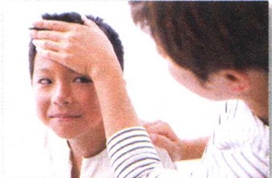

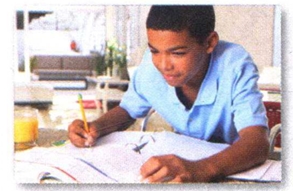


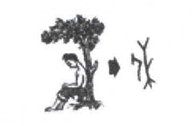
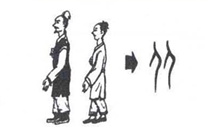
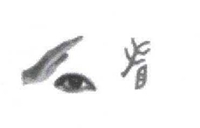
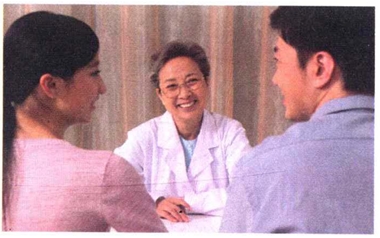
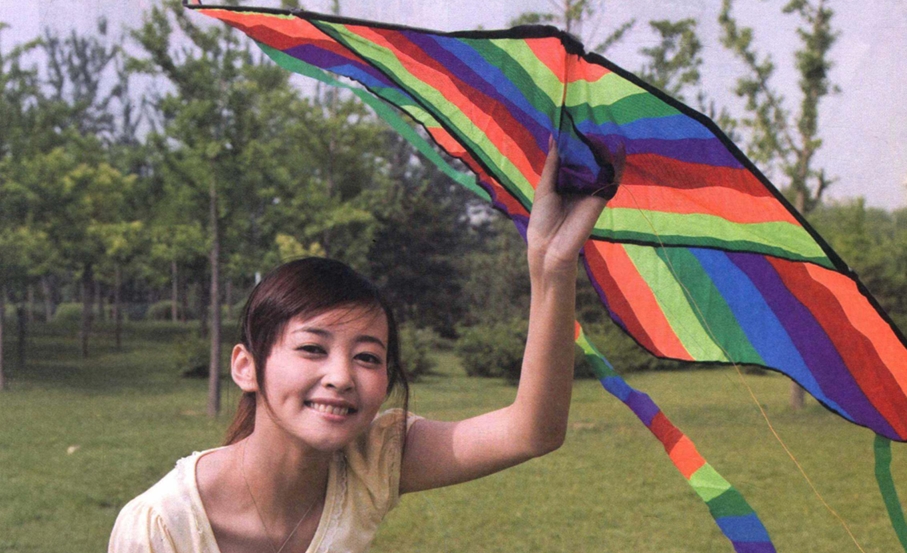
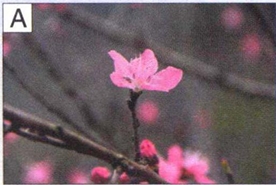
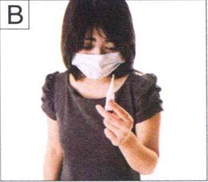
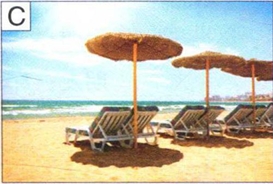
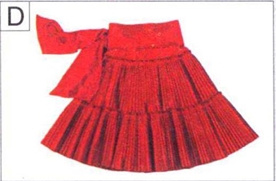
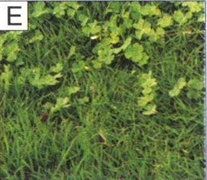

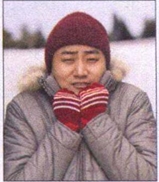

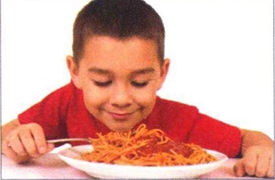
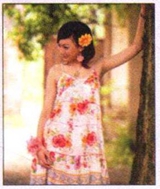




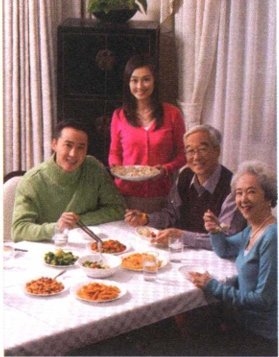




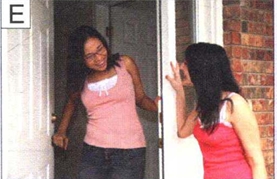
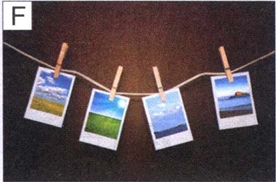




 A: 你想什么呢?
A: 你想什么呢?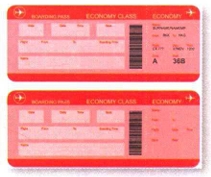 A: 我们什么时候去上海?
A: 我们什么时候去上海?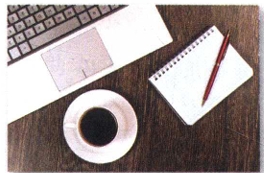 A: 我的笔呢?你看见了吗?
A: 我的笔呢?你看见了吗?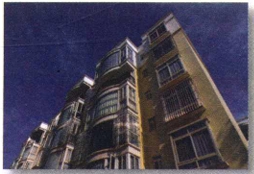 A: 你家楼上______很多人吗?
A: 你家楼上______很多人吗?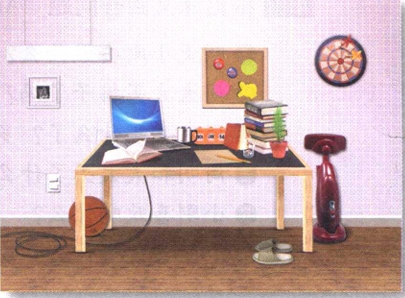
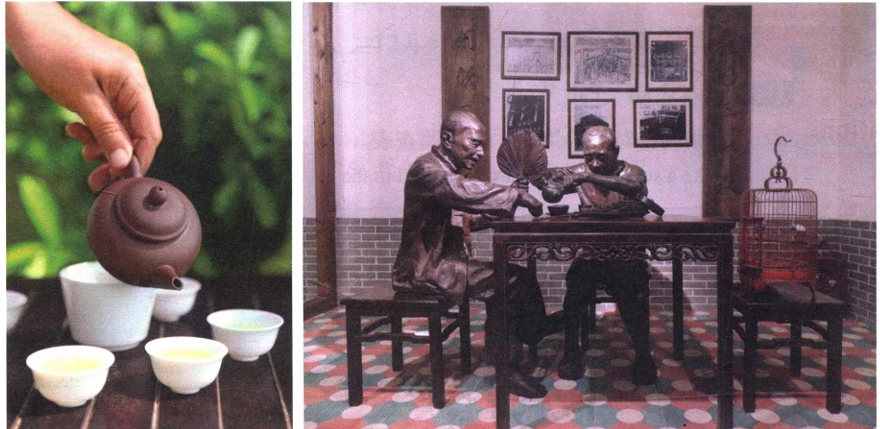
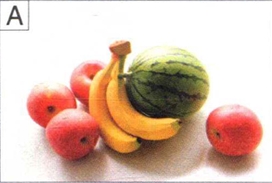
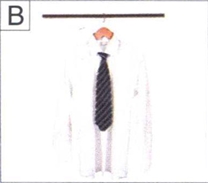
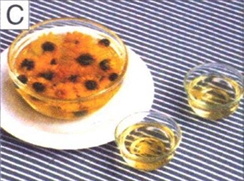
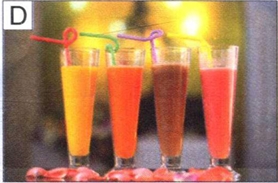
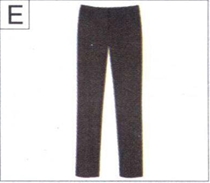
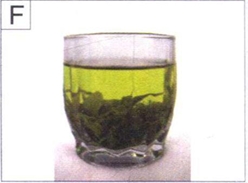
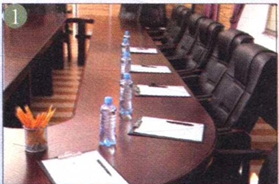 桌子上:________
桌子上:________
 车里:________
车里:________
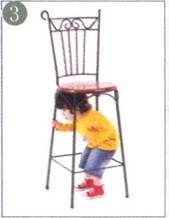 椅子下:________
椅子下:________
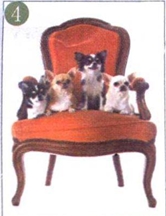 椅子上:________
椅子上:________




